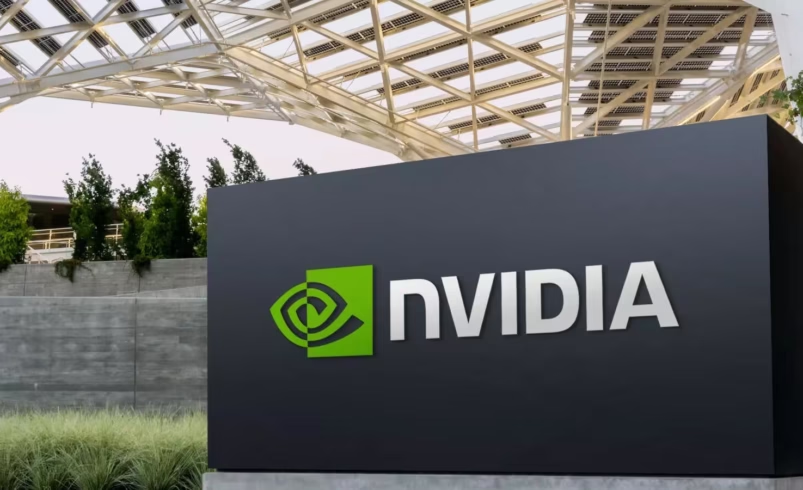Nvidia Urges US to Rethink AI Chip Regulations in China
- August 6, 2025
- 0

Nvidia has issued a detailed message to the United States government, emphasizing the importance of reconsidering regulatory measures concerning its H20 AI chips in China. The company is addressing growing concerns about potential security risks and backdoors associated with these chips. Nvidia’s chief security officer, David Reber, has firmly stated that the chips are secure and free from any hidden vulnerabilities. This statement comes amidst increasing scrutiny over technology exports to China and the potential implications for national security.
David Reber, Nvidia’s chief security officer, has taken a proactive stance in assuring stakeholders that the H20 AI chips do not contain any backdoors or pose any security threats. This assurance is crucial as it aims to alleviate fears that these chips could be exploited for unauthorized access or data breaches. Nvidia’s commitment to transparency and security is evident in its efforts to communicate these assurances clearly to both the US government and the public.
In addition to addressing security concerns, Nvidia is also opposing proposals for mandatory kill switches in their chips. The company argues that such measures could undermine trust in their products and inadvertently create new vulnerabilities. By implementing kill switches, there is a risk of introducing points of failure that could be exploited by malicious actors. Nvidia believes that maintaining robust security protocols without resorting to drastic measures like kill switches is essential for preserving the integrity and reliability of their technology.
Nvidia’s appeal highlights broader implications for US-China relations, particularly in the realm of technology and trade. As tensions between the two nations continue to rise, technology companies like Nvidia find themselves at the center of geopolitical debates. The outcome of these discussions could significantly impact not only Nvidia’s operations but also the broader tech industry and international trade dynamics.